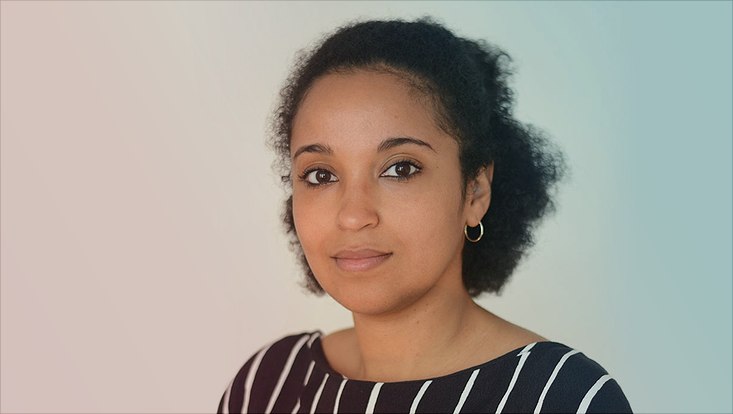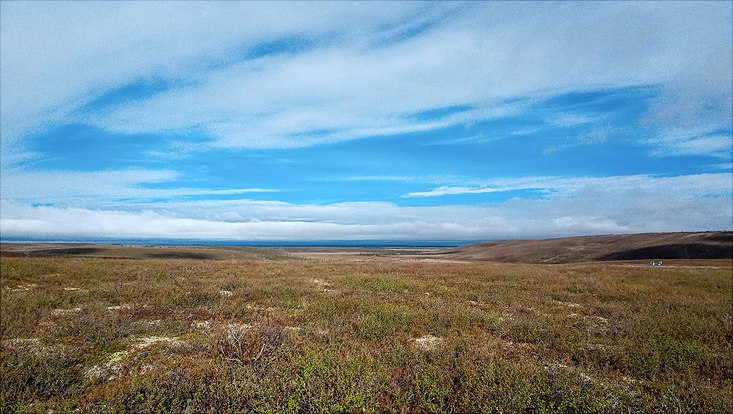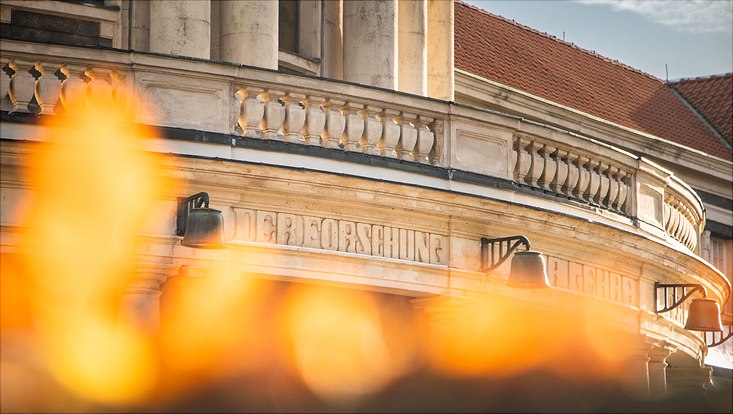Remembering together—but how?5 questions about the POEM research network
7 February 2019, by Anna Priebe

Photo: Cedric Mercken
Whether positive experiences like sporting events or negative catastrophes, how do we commemorate things, as individuals or collectively? This is one of the questions at the center of the EU funded research network Participatory Memory Practices (POEM) primarily involving the work of early career researchers. One of these is Jennifer Krückeberg, a doctoral student at the Institute of Cultural Anthropology at Universität Hamburg.
The project explores both how societies remember collectively , as well as the remembrances of the individual. What are you working on exactly?
My project looks at how young people use specific conditions and media to preserve their personal memories. For example, social media is playing an ever greater role—and part of this project is to determine how digital media is changing memory.
This is more of a question for media science, but it also has anthropological aspects, such as: what significance do young people attribute to their memories? Why do they put some things into the public sphere, and why do other things remain private? Why do some photographs, say from a night out with friends, get posted to the internet, and others not? For us, it is then also interesting whether social-economic backgrounds or socio-cultural affiliations play a role in how people share their memories.
This is an ethnographic study, which means I am predominantly interested in what interests young people in their daily lives. That is why I observe not only how they share their memories online, but also try to build up direct contact with the participants. For example, I speak to interesting people on Instagram, who share a lot in their posts, and ask them if they would like to participate. Then, in subsequent interviews, I can learn more about the background and the types of remembrances they have.
So, “remembrance” does not have to be about a historical event? It’s about personal memories?
Exactly. But a personal remembrance is often bound up in collective commemoration. If a person experiences a specific event, like the finals of a sporting event or a tragedy like the Love Parade disaster in 2010, which is then shared with the general public, the connection is very clear.
Our culture of commemorating is debated repeatedly in the media and online. Do we have to differentiate between remembrance and commemorating?
I think they affect each other. Commemoration generally draws on a level of public consensus—particularly when it has a dedicated day to mark it. The way we remember things individually can be different. They are both part of a discourse: The question of what we should or should not remember is constantly being renegotiated, collectively in society and individually within ourselves.
We also want to observe these internal negotiations: why do some people share a lot of information, and others hardly any? What are the thought processes behind this? Is it a conscious decision, or more of an instinct?
You are in a network with a lot of other researchers. What connects your research?
Our overarching goal is to take the discussion regarding remembrance and commemoration to the institutions that protect them, such as museums, galleries, and archives. Most of all, we want to work on bringing more people into this process, and participating in memory practices.
We want to critically highlight the role of these institutions, and to let groups be heard who have historically not been represented. Commemoration should be collective consensus, and not only imposed from above.
The researchers at POEM work explicitly with the institutions you mentioned such as museums and archives. What does that look like?
It is not a priority in my project, but we have a range of partner organizations, such as the Museum of European Cultures in Berlin, which work with us. For example, these institutions offer internships to researchers. This can show us a lot about the interactions with visitors, but can also throw into focus how crowd sourcing—the collection of information and material by many people—works in conjunction with our cultural heritage, which cultural knowledge should be digitized and how that can be combined with digital collections.
POEM
POEM is a European Training Network which officially began in April 2018. It received funding of €3.2 million, with approximately €500,000 for Hamburg, and is coordinated by Prof. Dr. Gertraud Koch from the Institute of Cultural Anthropology. In total, there are 5 university and 2 non-university research institutions, as well as 14 international partner organizations taking part. Further information: www.poem-horizon.eu


